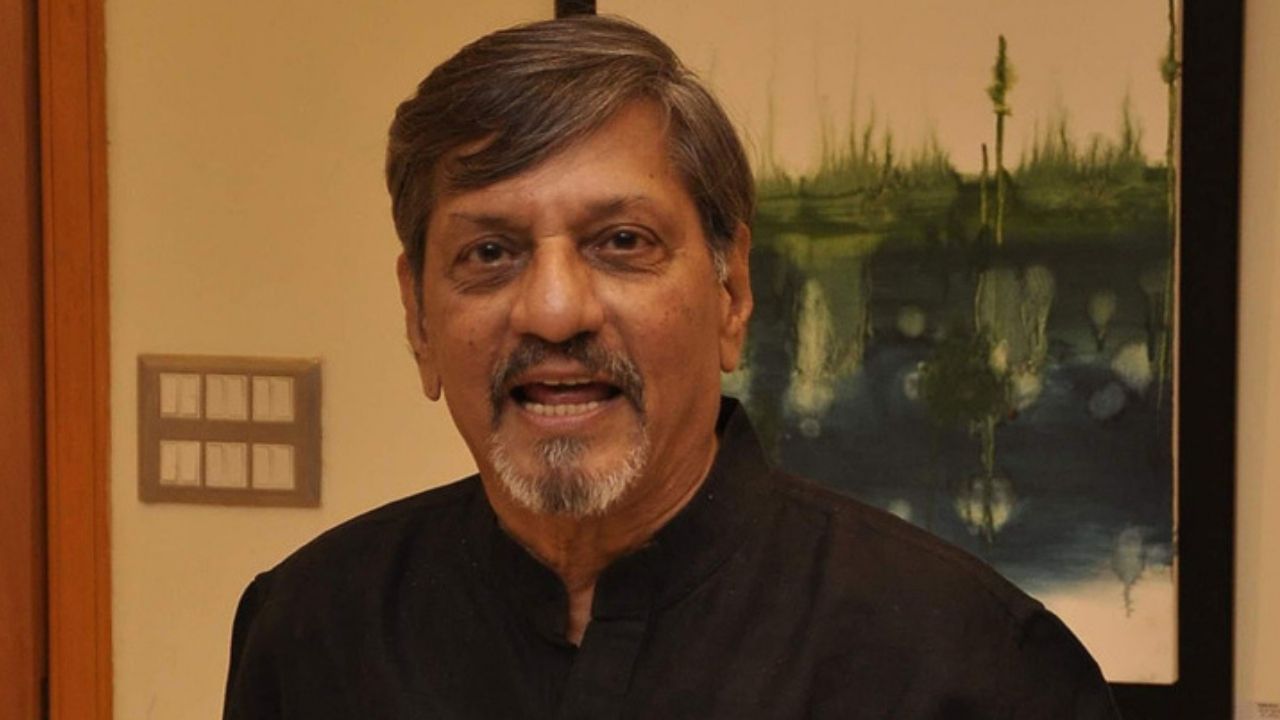Elections every few years to change the ruler need not be a guarantee against tyranny of those elected, Chief Justice of India NV Ramana said at a function in New Delhi on Wednesday. The CJI underscored that “criticisms and voicing of protests is integral to the democratic process” and any law backed by a sovereign must be tempered by tenets of justice.
“It has always been well recognised that the mere right to change the ruler, once every few years, by itself need not be a guarantee against tyranny,” said the Chief Justice, delivering the Justice PD Desai Memorial Lecture on “Rule of law” online.
Chief Justice of India NV Ramana on Wednesday said that the mere right of the public to change their ruler once every few years by itself need not be a guarantee against “tyranny”, media reported.
The chief justice pointed out that in the 17 Lok Sabha elections held so far, Indian citizens have changed the ruling party or a combination of parties eight times.
“In spite of large scale inequalities, illiteracy, backwardness, poverty and the alleged ignorance, the people of independent India have proved themselves to be intelligent and up to the task,” he said, while virtually speaking at the 17th Justice PD Desai Memorial Lecture. “The masses have performed their duties reasonably well. Now, it is the turn of those who are manning the key organs of the State to ponder if they are living up to the Constitutional mandate.”
The CJI underscored that for judiciary to apply checks on governmental power and action, it has to have complete freedom.
“Judiciary cannot be controlled, directly or indirectly, by legislature or executive, or else rule of law would become illusory”, CJI Ramana said. The Chief Justice also cautioned that judges should not get swayed by the “emotional pitch of public opinion, which is often amplified by social media platforms”.
The CJI said the idea that people are the ultimate sovereign is found in notions of human dignity and autonomy and a reasoned public discourse is vital to a working democracy.
“A public discourse, that is both reasoned and reasonable, is to be seen as an inherent aspect of human dignity and hence essential to a properly functioning democracy.
“As Professor Julius Stone observed in his book ‘The Province of Law’, elections, day-to-day political discourses, criticisms and voicing of protests is integral to the democratic process,” he said.




